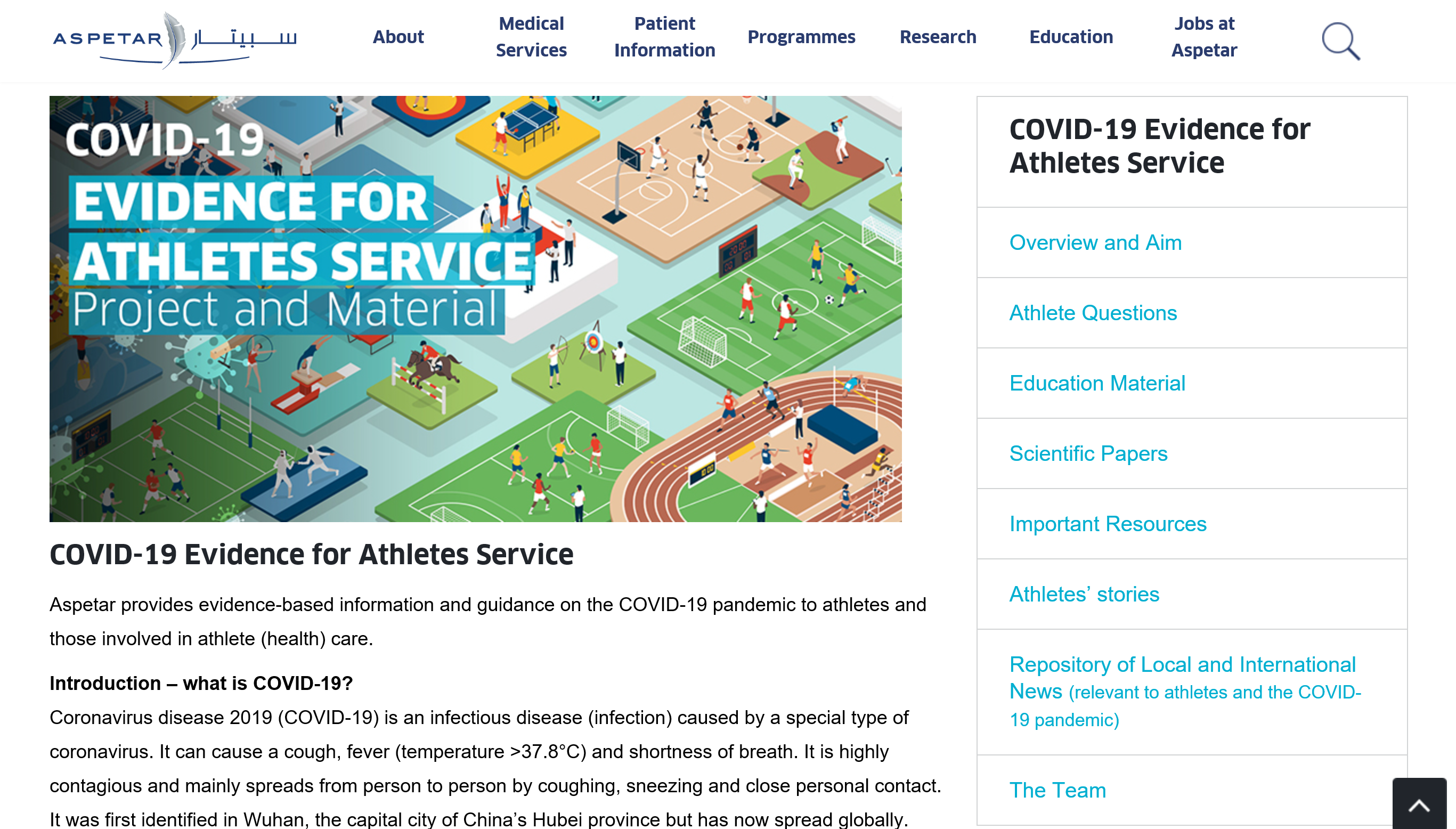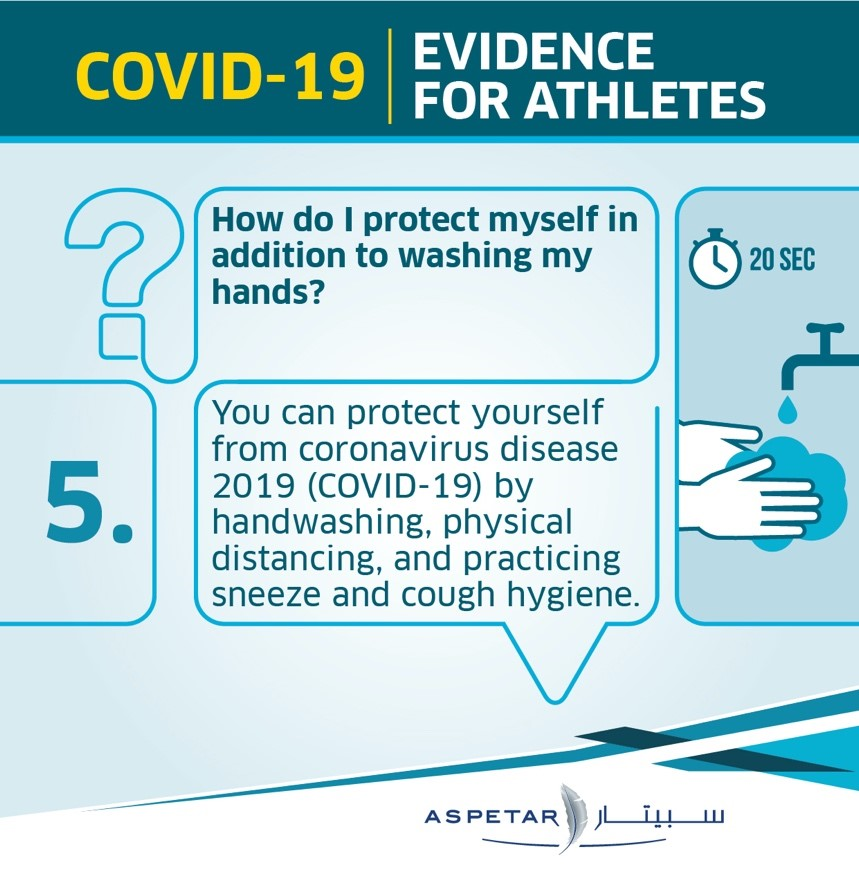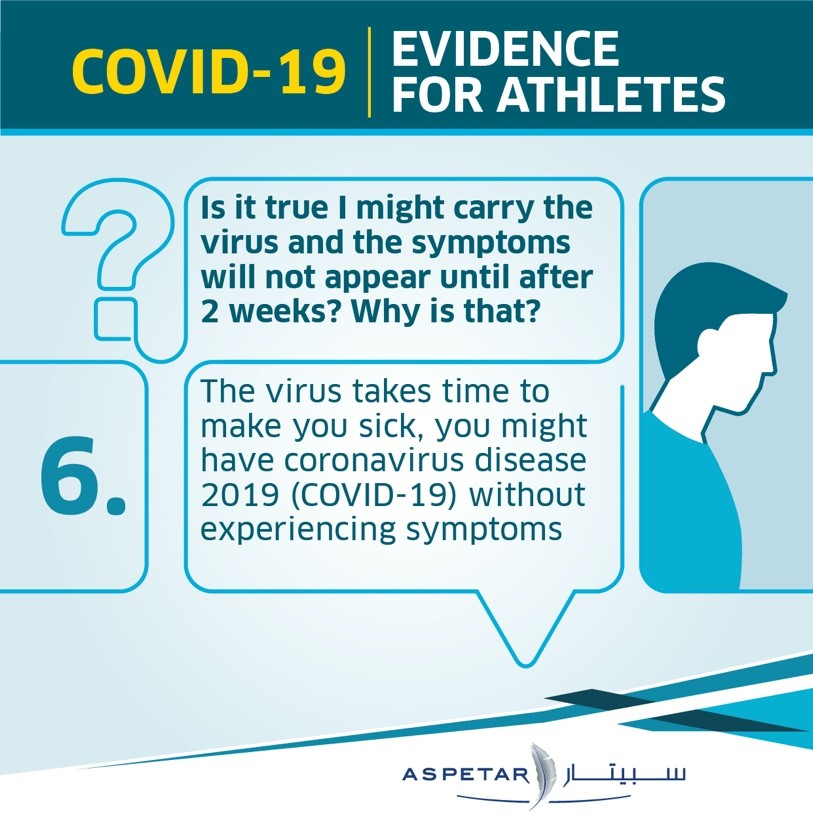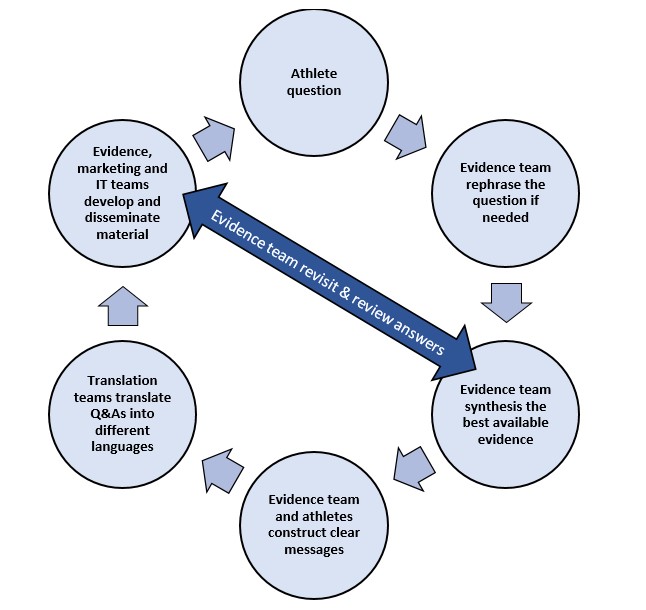By Paul Dijkstra @DrPaulDijkstra, Sofie Nelis @NelisSofie, Faten Smiley, Ivan Stankovic @StankovicID, Marco Cardinale @Marco_Cardinale, Mike Clarke @EvidenceAid
Why this service?
The evidence dilemma in a time of crisis
The COVID-19 pandemic is disrupting athletes’ lives due to lock down and physical distancing, self-isolation and quarantine—all measures to curb the spread of this disease. Teams cannot train together, training camps and competitions have been cancelled or postponed, and nobody knows how long it might take before some sort of normality returns.
We now live in a world with new challenges and opportunities. One of the challenges is the vast amount of often conflicting information and advice on COVID-19 creating an infodemic. We need trustworthy and evidence-based information on the pandemic for athletes and those involved in their care.
Many individuals and organisations have changed their research focus over the last few weeks to rapidly create, synthesise and disseminate evidence on the COVID-19 pandemic.
Aspetar, a specialist sports medicine and orthopaedic hospital serving many professional and recreational athletes in Qatar, realised that the sudden disruption in normal clinical services had led to questions in the minds of athletes and coaches related to the pandemic. Therefore, we rapidly implemented the Aspetar COVID-19 Evidence for Athletes Service with the aim to provide evidence-based information and guidance on the COVID-19 pandemic to athletes and those involved in athlete (health)care. We describe here how we implemented this service, how we run it and the lessons we have learnt so far.
What is the COVID-19 Evidence for Athletes Service?
This information service is open access on the Aspetar website, available in English and Arabic and divided into 6 information sections:
- Athlete Questions
- Education Material
- Scientific Papers
- Important Resources
- Athletes’ stories
- Repository of Local and International News
How do we provide this service?
We want to provide athletes and those around them with easy and fast access to relevant and evidence-based information. This will allow athletes to participate in wiser decision making about their own health and performance.
The team
Our organisation’s leadership provided expedited approval for the project and we assembled a team with diverse expertise, including sports medicine and science, infection control, evidence synthesis, translation, marketing, design and information technology. We also involve athletes and other key stakeholders, including Prof Mike Clarke, Research Director of Evidence Aid. The evidence team will use Open Science Framework to collaborate and publish updates.
Process
What are the key steps to synthesise and communicate best evidence in a time of crisis?
Athletes’ questions: We asked (and continue to ask) athletes and coaches what they want to know about the COVID-19 disease and pandemic. We catalogue these questions, rephrase them where necessary and synthesise the best evidence to answer them. These answers are easily accessible, with “bottom line” short answers and infographics.
Clinicians and non-clinicians review the questions and answers before we create the final infographics, which have now been translated into more than 15 different languages.
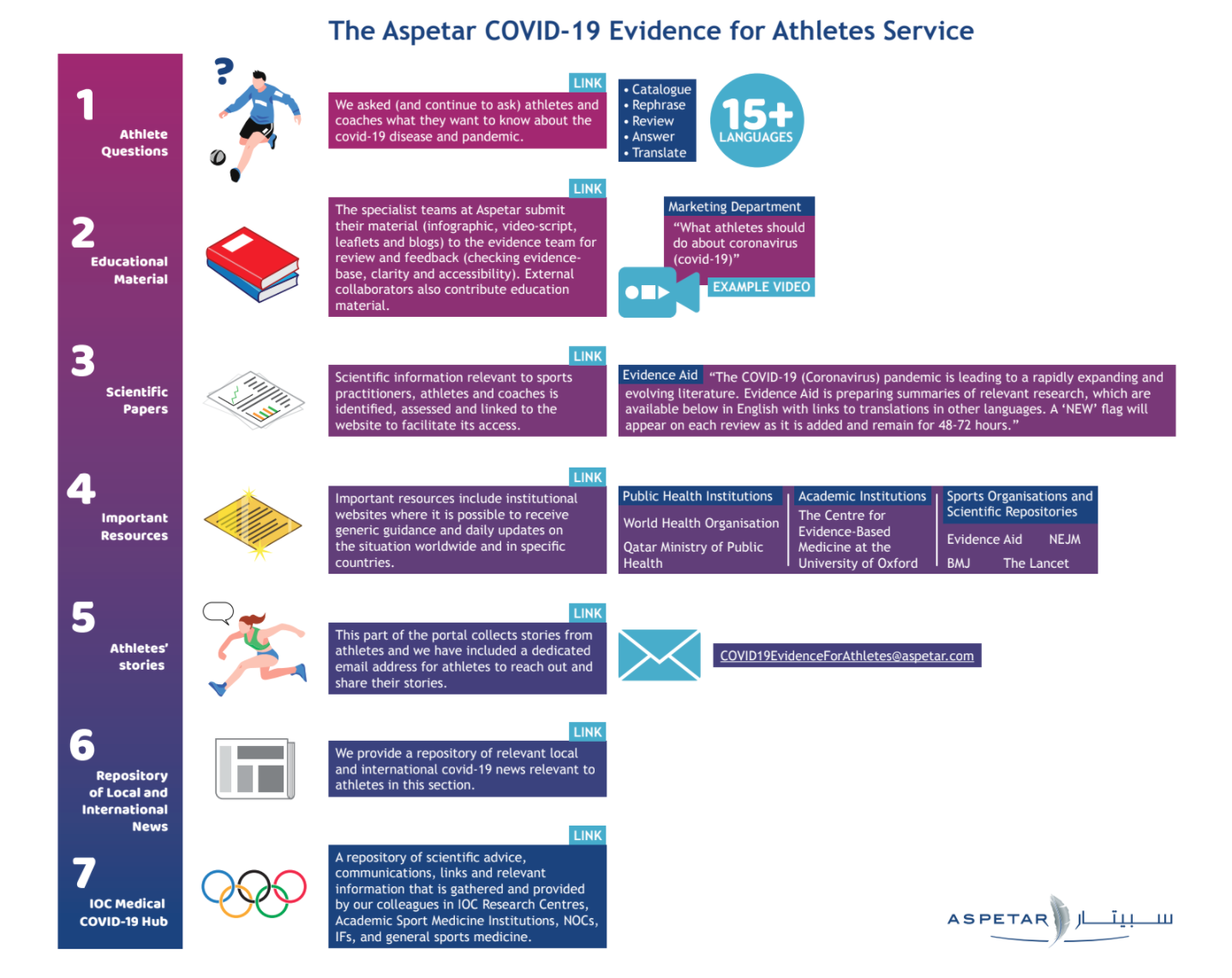
Download this infographic (with clickable links) here: Infographic for blog Nov22
We constantly review and adapt all questions and answers as new evidence emerges.
Education material: The specialist teams at Aspetar submit their material (infographic, video-script, leaflets and blogs) to the evidence team for review and feedback (checking evidence-base, clarity and accessibility). The marketing department prepare a draft design for final approval by the authors and evidence team before dissemination. Here is an example of a video: “What athletes should do about coronavirus (covid-19)”. External collaborators also contribute education material.
Scientific Papers: Scientific information relevant to sports practitioners, athletes and coaches is identified, assessed and linked to the website to facilitate its access.
Important Resource: Important resources include institutional websites where it is possible to receive generic guidance and daily updates on the situation worldwide and in specific countries. Examples include public health institutions such as the World Health Organisation, The Qatar Ministry of Public Health, Academic Institutions (eg, The Centre for Evidence-Based Medicine at the University of Oxford), Sports Organisations and Scientific Repositories (eg, Evidence Aid, BMJ, NEJM, the Lancet) providing up-to-date information on the COVID-19 pandemic.
Athletes’ stories: This part of the portal collects stories from athletes and we have included a dedicated email address for athletes to reach out and share their stories: COVID19EvidenceForAthletes@aspetar.com
Repository of Local and International News: We provide a repository of relevant local and international COVID-19 news relevant to athletes in this section.
Collaboration and endorsement
We want to continue to grow this service, to engage and collaborate with as many organisations as possible. So far, the Turkish Sports Medicine Association, the South African Sports Medicine Association, and the European College of Sport and Exercise Physicians have endorsed the service.
Lessons learnt and next steps?
It is a huge task to sift through the growing volume of available information on COVID-19, separating true and relevant evidence from biased, incorrect, irrelevant and blatantly false advice. We are driven by a passion to make best evidence available and accessible to athletes, coaches and support staff as clear and relevant messages, allowing them to apply and share them.
By collaborating, we are co-creating a reliable and evidence-based resource that will help take us all beyond the COVID-19 pandemic. This is a journey that will benefit similar future initiatives.
***
Paul Dijkstra @DrPaulDijkstra (Aspetar)
Sofie Nelis @NelisSofie (Aspetar)
Faten Smiley (Aspetar)
Ivan Stankovic @StankovicID (Aspetar)
Marco Cardinale @Marco_Cardinale (Aspetar)
Mike Clarke @EvidenceAid (Evidence Aid)
Resources
Download infographic (with clickable links) here: Aspetar COVID-19 Evidence for Athletes Service

